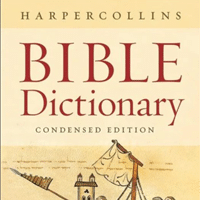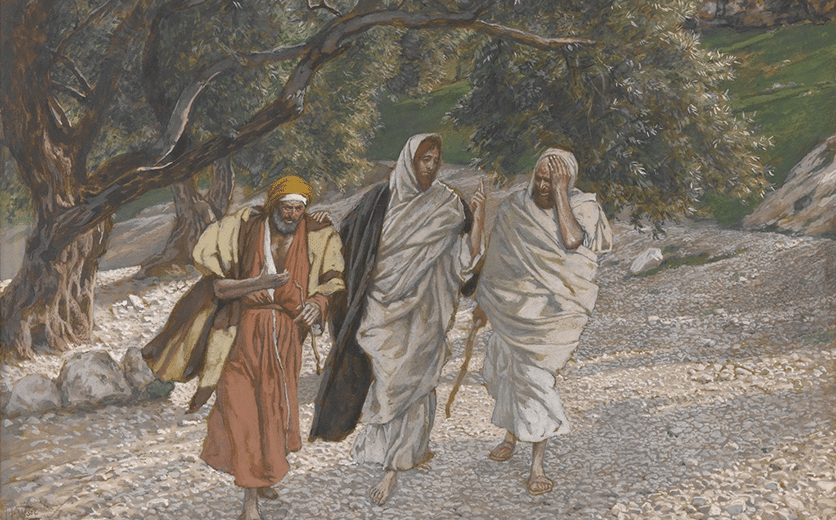An area inhospitable to human habitation. In the OT four Hebrew words are used for desert: “desolate land” (midbar), which is by far the most common; ‘arabah, normally used for the dry plain of the rift valley, especially south of the Dead Sea; “wasteland” (yeshimon), used especially for the barren dissected slopes of Judah overlooking the Dead Sea; and “dry, deserted area” (‘arbah). With the exception of the last all these are also translated as “wilderness,” so the two words “desert” and “wilderness” are really interchangeable. In the NT period the Transjordan and Palestine deserts had been largely “tamed” by the Nabateans to promote their far-flung trade, and they managed to cultivate patches of ground that had never been farmed before. The words translated “wilderness” (Gk. er–emos, er–emia) in the NT refer to uninhabited areas (
Search the Site




